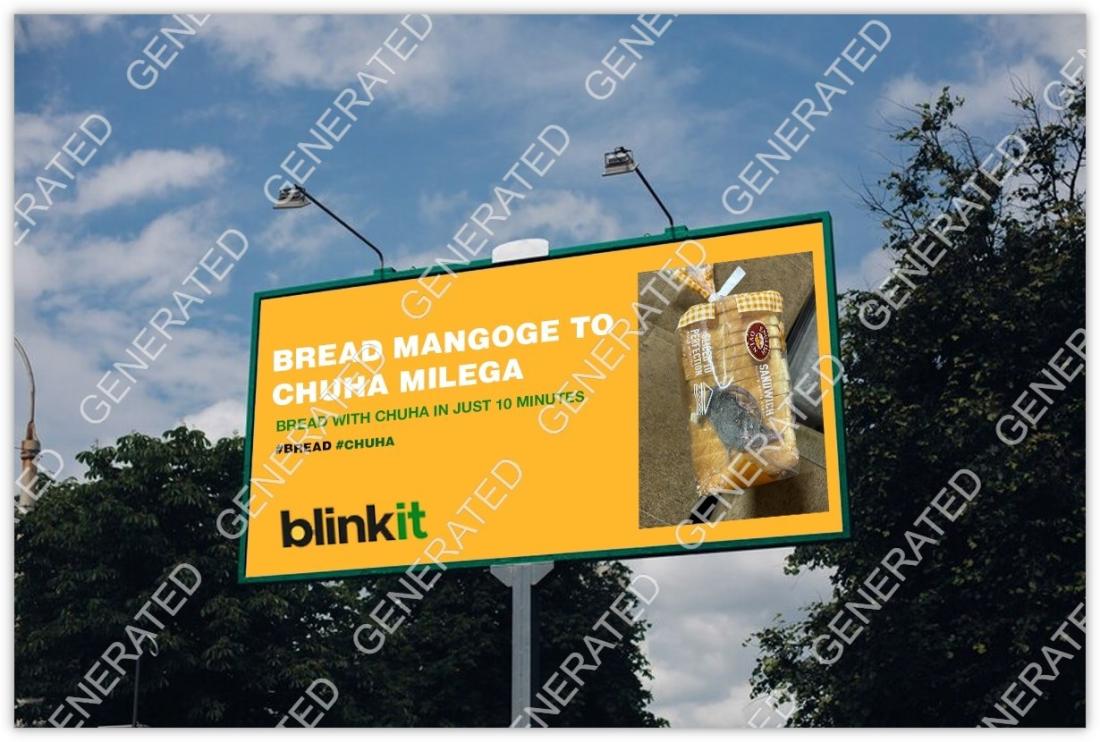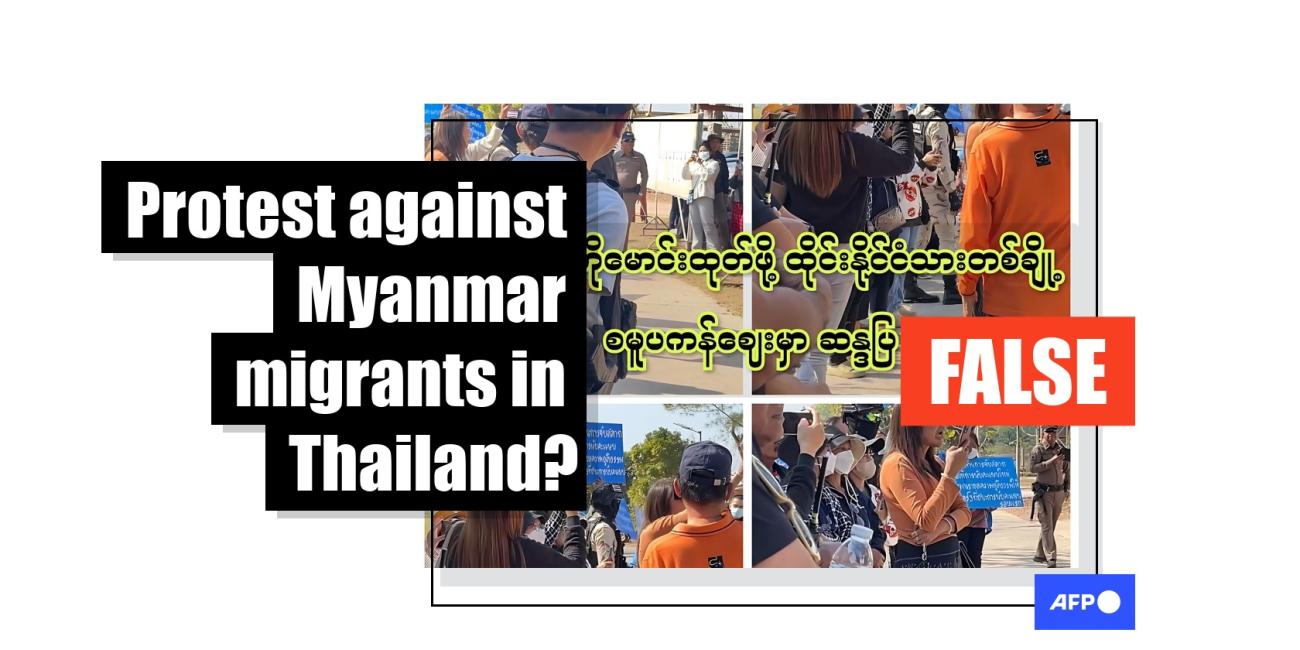
Post falsely claims to show bread sold by foreign shop owners in South Africa
- This article is more than one year old.
- Published on August 6, 2024 at 12:28
- 5 min read
- By Tendai DUBE, AFP South Africa
“BREAKING NEWS: Pakistan and Somalians are selling unsafe food products to South Africans. #Abahambe #PutSouthAfricansFirst,” reads an X post published on July 27, 2024, and shared more than 300 times.
“Abahambe”, which means “let them go” in isiZulu, is a popular South African hashtag and a rallying call for those in support of the mass deportation of foreign nationals.
The X account is called “#PutSouthAfricansFirst”, named after the anti-immigrant movement that became a political party.

Shared hundreds of times, the post includes a picture of a loaf of bread in a packet that appears to contain a rat.
AFP Fact Check debunked a false claim about immigrants posted by the same X user in July.
Similarly, the photo in the latest claim is unrelated to South Africa.
Delivery app drama
A reverse image search led to reports here and here about a delivery app customer in India who allegedly found a rat inside a packet of bread (archived here and here).
On February 3, 2023, X user “Nitin Arora” wrote about a “most unpleasant experience with @letsblinkit”, describing the discovery of a rat inside a packaged loaf of bread as “alarming” (archived here).
Most unpleasant experience with @letsblinkit , where alive rat was delivered inside the bread packet ordered on 1.2.23. This is alarming for all of us. If 10 minutes delivery has such baggage, @blinkitcares I would rather wait for a few hours than take such items.#blinkit#zomatopic.twitter.com/RHNOj6tswA
— Nitin Arora (@NitinA14261863) February 3, 2023
Blinkit is an India-based instant delivery company for groceries.
The post included the picture of the mouse and the bread, as well as screenshots apparently showing the user's interaction with Blinkit’s customer care team.
The post also featured an image of a digitally altered billboard and a punch line in Hindi that read: “If you ask for bread you will get a rat.”

According to one of the articles, the fake billboard was a tongue-in-cheek reference to a viral campaign the company had been part of a month prior (archived here).
The yellow billboard originally read, “Ask for milk, we will deliver it.”
A week after the viral complaint was published, Blinket’s head of customer support said the company had “taken swift action already and de-listed the partner store” (archived here).
I head Customer Support here at Blinkit. I want to assure you, we've taken swift action already and de-listed the partner store, even as we are investigating the matter with the store owner. (1/n)
— Dhananjay Shashidharan (@Dhananjay_6691) February 11, 2023
Anti-immigrant sentiment
Despite having one of the world's highest unemployment rates, South Africa attracts many economic migrants from elsewhere on the continent (archived here).
The influx, coupled with a dim economic outlook, has led to sporadic bursts of anti-immigrant violence in recent years.
Local and foreign owners of spaza shops – small informal convenience stores – have also been in a decades-long dispute about who should be able to own these outlets (archived here and here).
Last October, spaza shop owners were accused of selling expired or counterfeit goods after a spate of deaths and food poisoning cases involving children (archived here).
Later that month, two siblings aged three and four also died after allegedly eating snacks bought from a spaza shop in South Africa’s Free State province (archived here and here).
At the time, South African law enforcement officials raided spaza shops and seized or destroyed counterfeit or expired goods — in some cases leading to the arrest of undocumented foreign shop owners (archived here and here).
#sapsGP [EARLIER TODAY] The Gauteng Counterfeit and Contraband task team embarked on #OperationShanela earlier today in the West Rand, in Swannieville, Kagiso policing precinct, focusing on counterfeit products, contraband and expired food. ME pic.twitter.com/Th0ldZOuSk
— SA Police Service (@SAPoliceService) October 17, 2023
There were also reports about Somali business owners gunned down in different parts of the country in February 2023 and December 2023 (archived here and here).
Electoral candidates used this burning issue to fan the flames of online hate and disinformation during this year’s campaigning before the May 29 presidential polls (archived here).
Copyright © AFP 2017-2026. Any commercial use of this content requires a subscription. Click here to find out more.
Is there content that you would like AFP to fact-check? Get in touch.
Contact us




